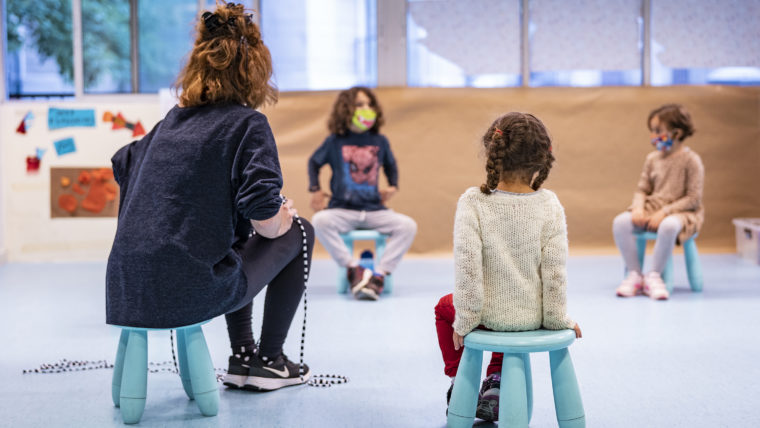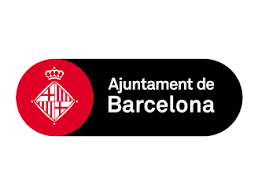Concilia, a public service to support the reconciliation of work, family and personal life for people with limited resources

Concilia, a public service to support the reconciliation of work, family and personal life for people with limited resources
Barcelona City Council

Free municipal babysitting service for single-parent families with few resources, women victims of gender violence and families with no community network, so that they can combine the care and education of children with work, family and personal obligations.
This service is currently extended to 12 neighborhoods in the city of Barcelona, and operates 7 days a week outside school hours. It has teams of educators, who can work with a maximum of 8 children, and are in charge of attending families, as well as programming and dynamizing the activities that are carried out. This public service can be requested from 2 weeks in advance up to 12 hours in advance, with the exception of emergency cases in which it can be requested up to 30 minutes in advance.
The service works with 2 main objectives: on the one hand, it is a support to the work and personal balance of families with difficulties, which facilitates the training of mothers and fathers, their incorporation into the working world, their involvement in the neighborhood, and even being able to enjoy occasional moments of rest. On the other hand, it is also aimed at offering children quality leisure time, with activities and pedagogical dynamics adapted to different ages and needs.
Children between 1 and 12 years old can enjoy the service on an occasional or more regular basis, and basic, ludicosocial and educational attention is guaranteed through values such as participation, environmental and emotional education, interculturality and art.
Characteristics of innovation
Localization
Barcelona
Partners / Funders
Incoop Cooperativa
Genesis
The Concilia project was launched in 2020 within the framework of the Neighborhood Plan of the city of Barcelona. This plan includes a set of actions to address the feminization of poverty and gender inequalities, aggravated by the COVID-19 crisis.
Among the initiatives proposed, the socialization of care is promoted, with meeting spaces, mutual support and accompaniment for women, offering educational work and training to young people and adolescents to ensure greater gender equity, creating programs to professionalize care and offering accompaniment to women workers in the sector to guarantee them decent labor rights.
Level of implementation
During the first year of the program, in 2020, 611 children were served and 7,819 services were provided. 58% of the families are attended for reasons of work conciliation, 11% for training, 10% to have “a moment of rest” and 8% due to an unexpected situation.
As for the families enrolled, the referent person is the mother in the vast majority of cases (93%). Of these families, 52% were already linked to other public services; 58% are single-parent families; 57% are families without a social network; 38% are unemployed; and 33% have a precarious occupation.

Banc d’innovacions






